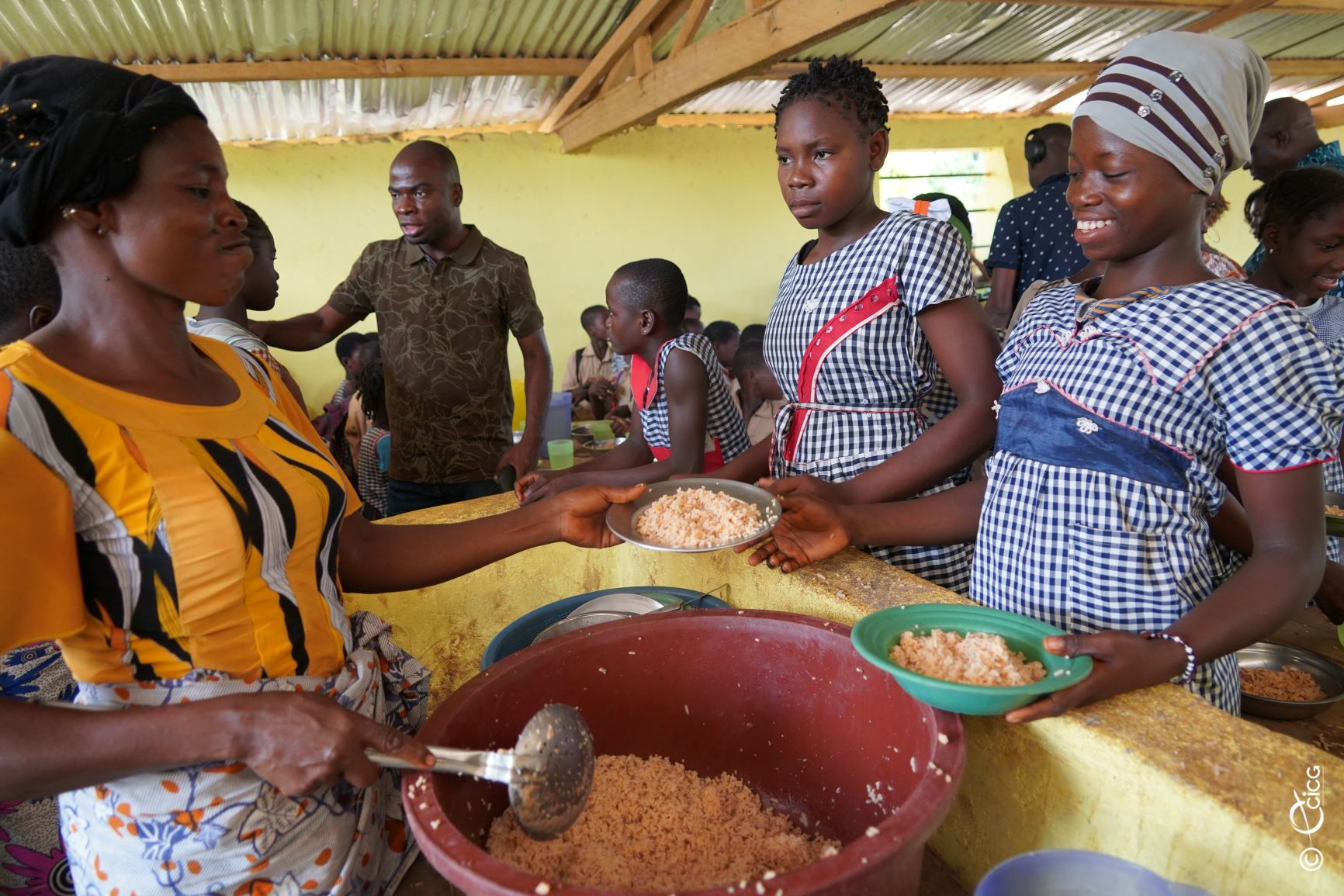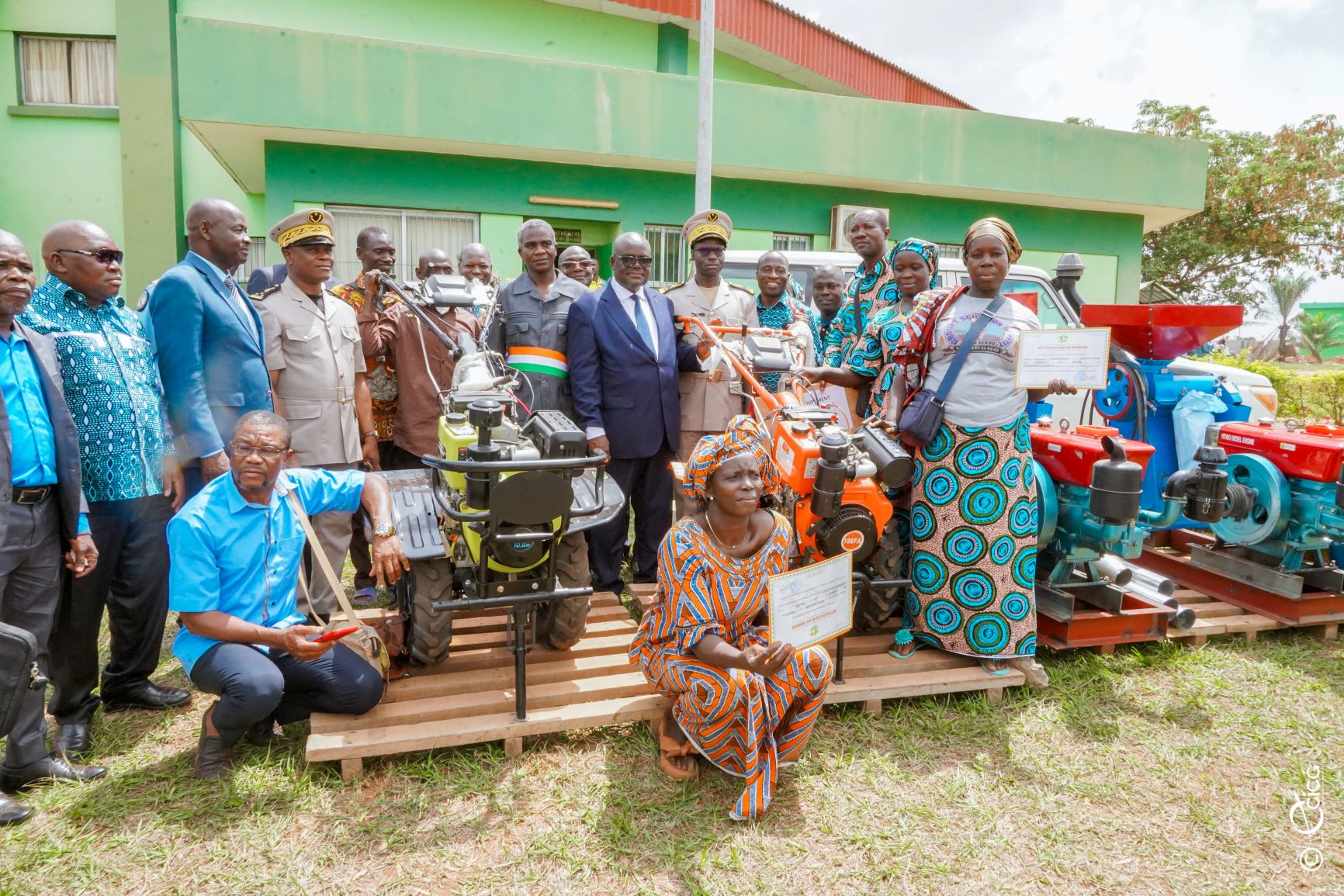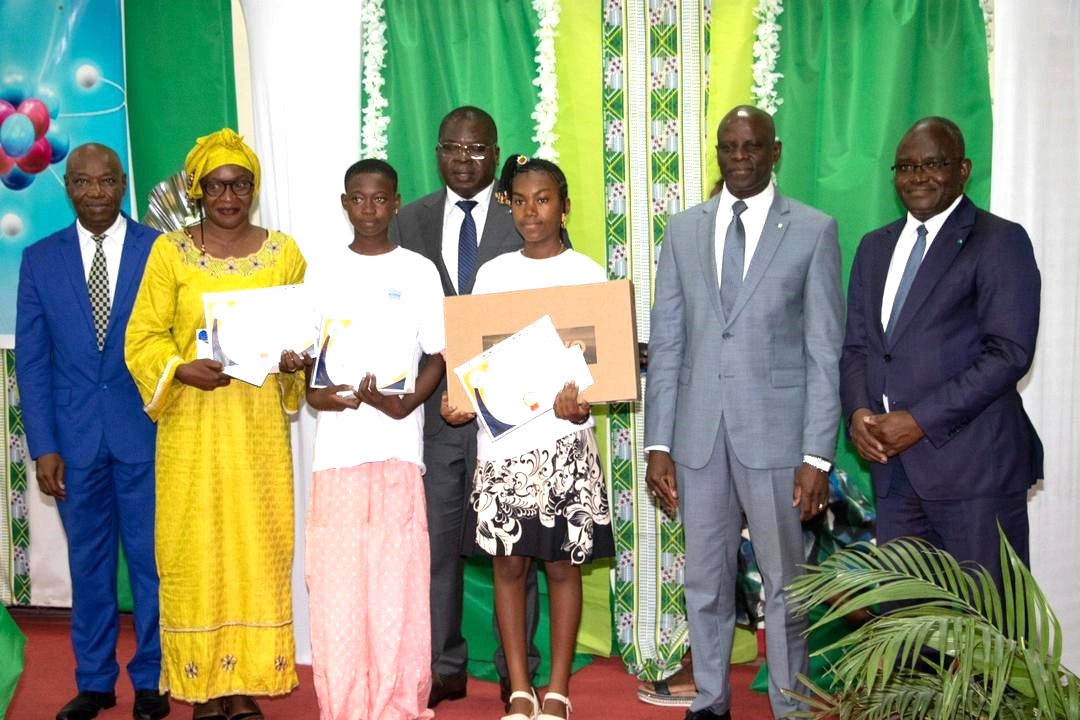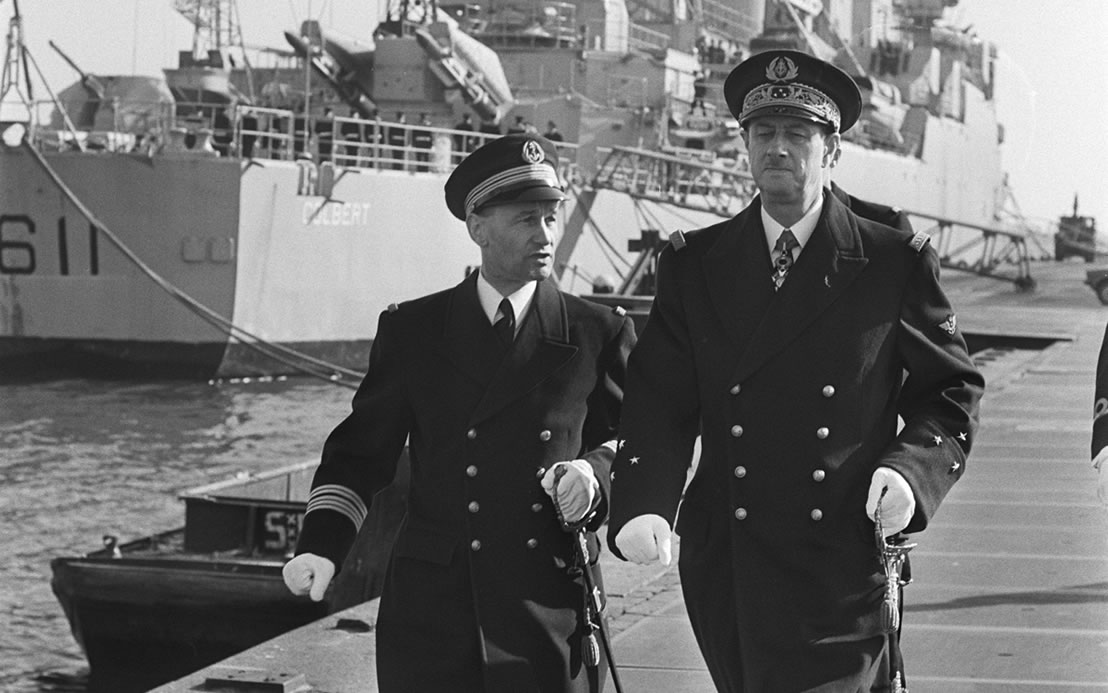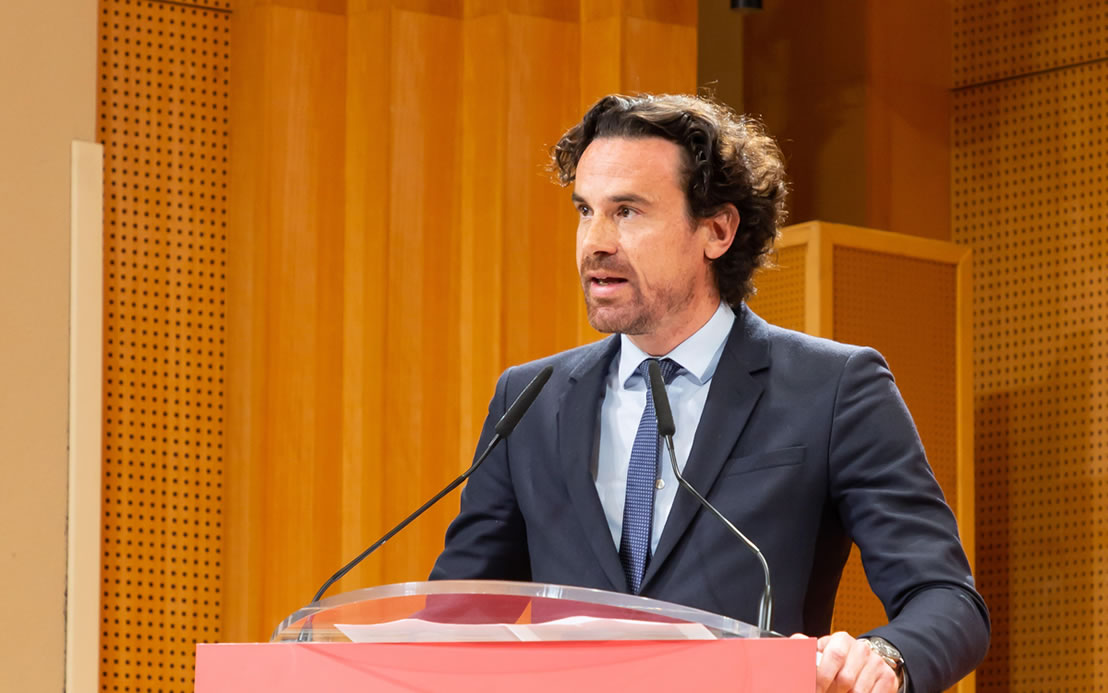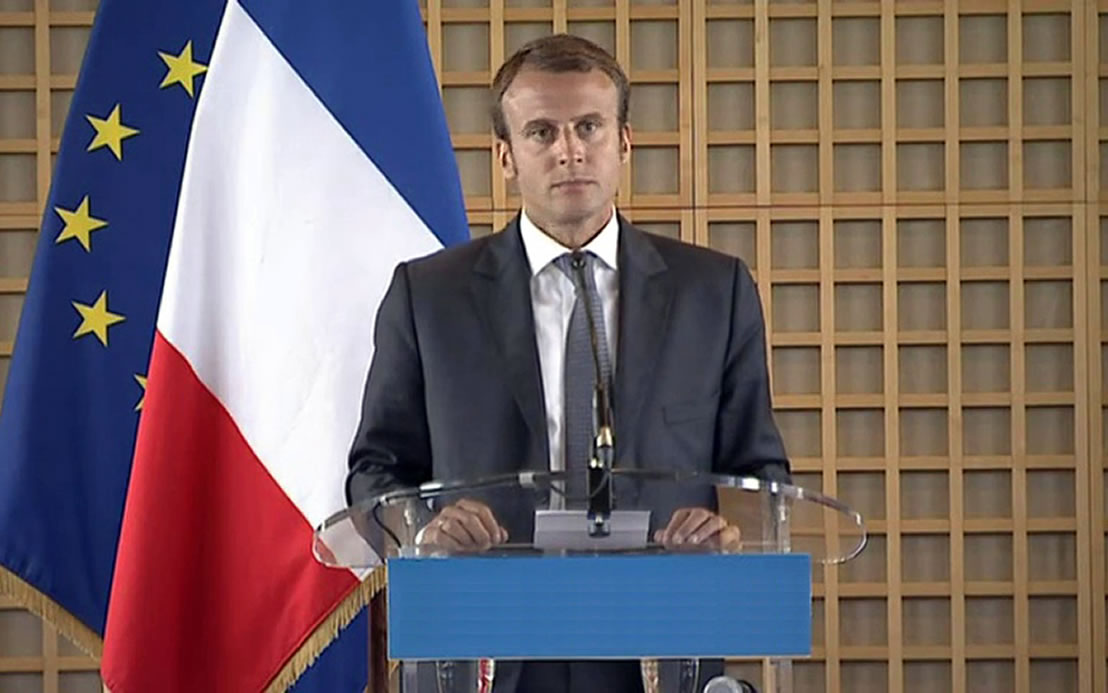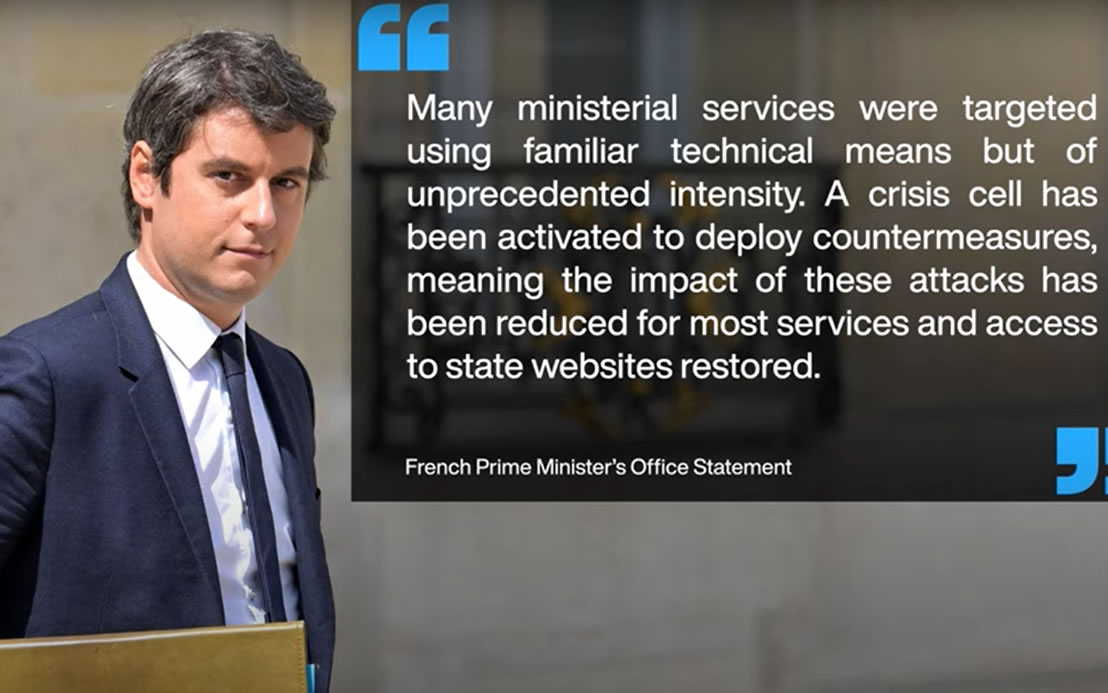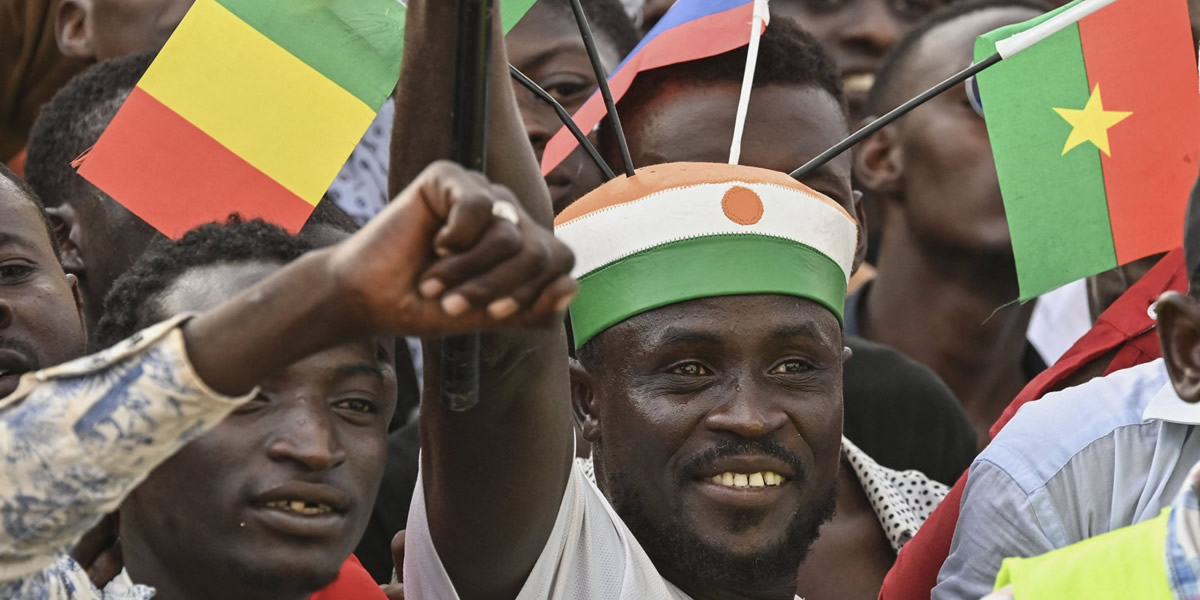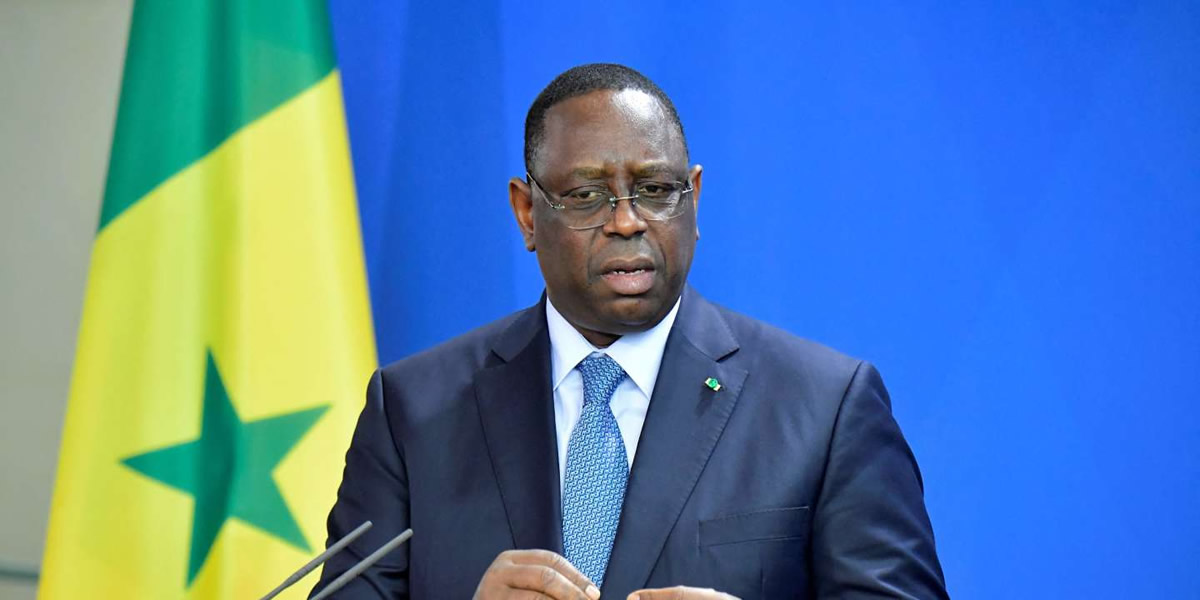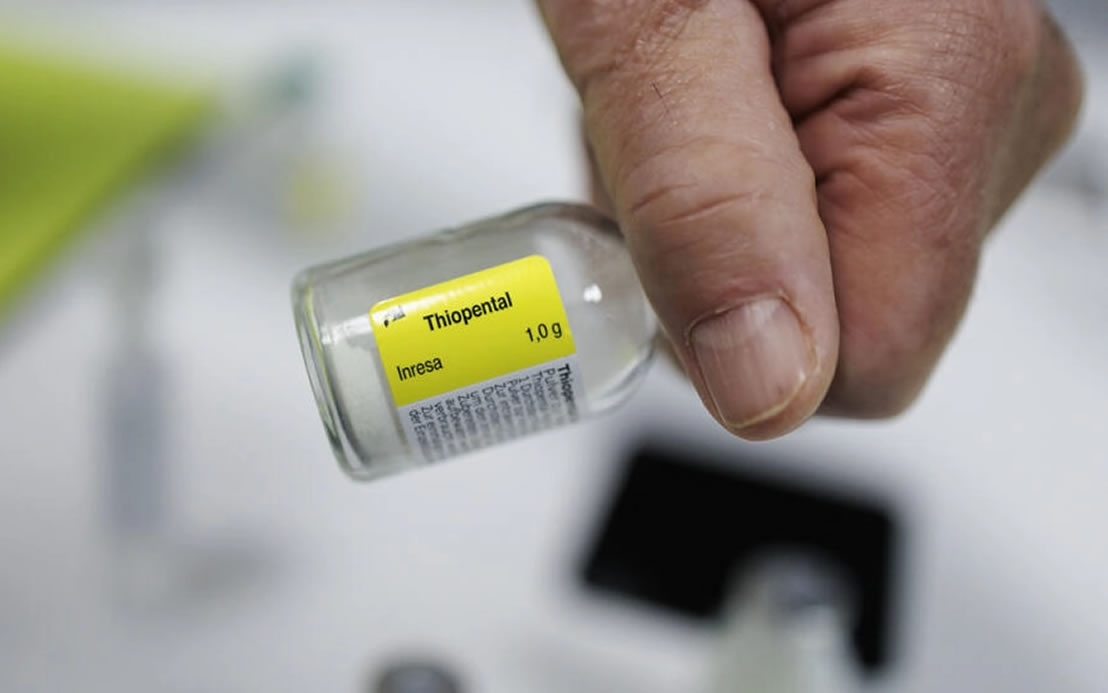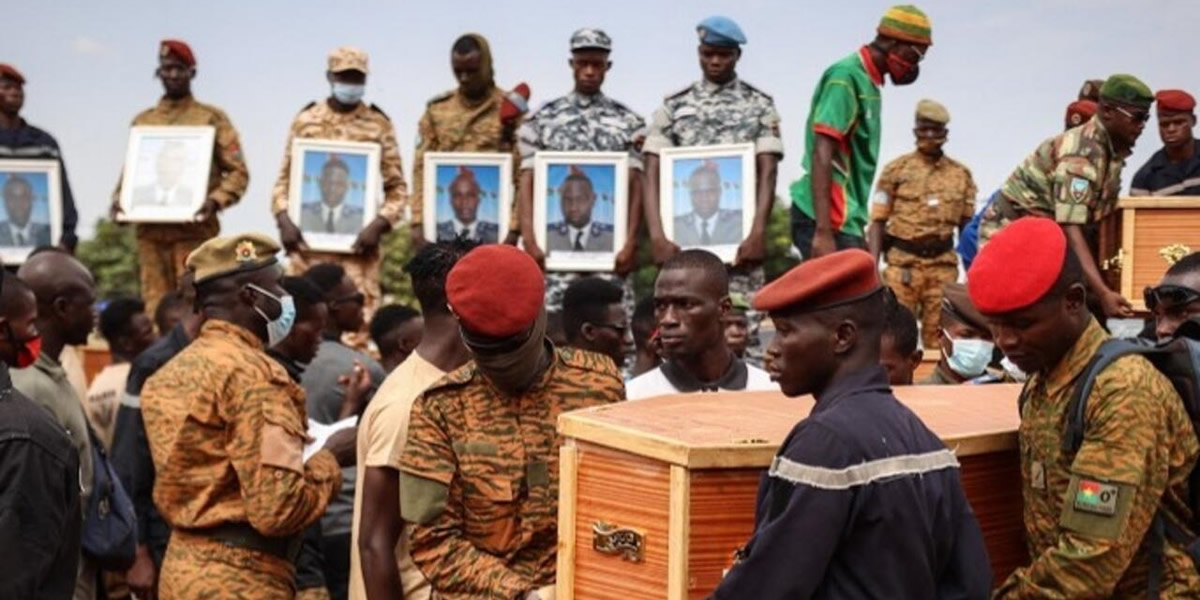Côte d’Ivoire continues its infrastructure modernization efforts with the construction of the Bouaké-Kanawolo highway, particularly the 69.5 km Bouaké-Kobo section. This project, partly financed by a 30 billion FCFA loan from the West African Development Bank (BOAD), aims to ease traffic flow and enhance connections with hinterland countries. Road investment in Côte d’Ivoire and Africa remains a crucial factor for economic growth, trade, and mobility. However, several challenges persist, including financing, environmental impact, sustainability, and the structuring of the road network. This article explores the economic implications and challenges of this strategic project.
Key Issues Addressed in the Article
- High costs of road infrastructure development
- Need for additional financing
- Boosting regional trade and commerce
- Impact of roads on local economic growth
- Modernization and maintenance of existing infrastructure
- Road safety and transport regulations
- Reducing congestion and improving traffic flow
- Effects of the project on employment and economic activity
- Mobility and access to services for rural populations
- Environmental consequences and land planning
Road Investment in Côte d’Ivoire and Africa: A Development Driver
The Bouaké-Kanawolo Project: A Strategic Economic Corridor
The Bouaké-Kanawolo highway is part of a broader initiative to promote road investment in Côte d’Ivoire and Africa. This 69.5 km section, funded by BOAD, plays a crucial role in facilitating transport, supporting trade between Bouaké, Kanawolo, and hinterland countries.
Improving road infrastructure is essential to:
- Support the increasing volume of commercial traffic and logistics.
- Boost the local economy by enhancing access to markets.
- Improve citizens’ mobility and reduce transportation costs.
By aligning with the national infrastructure modernization vision, this project contributes to regional economic integration and enhances Côte d'Ivoire's competitiveness in the African market.
The Economic Impact of Road Investment in Côte d’Ivoire
Road investments are a key driver of economic development. By improving regional connectivity, the Bouaké-Kanawolo highway helps:
- Accelerate goods transportation: A well-functioning road network reduces travel time and optimizes supply chains.
- Strengthen industrialization in peripheral areas: Better infrastructure access attracts investors and businesses.
- Create jobs: The construction and maintenance of roads generate thousands of direct and indirect employment opportunities.
However, implementing a project of this magnitude requires efficient resource management and a well-structured regulatory framework.
Challenges of Financing and Managing Road Infrastructure
While BOAD has provided 30 billion FCFA in financing, this amount covers only a fraction of the total investment needed. Road investment in Côte d’Ivoire and Africa requires substantial funds, and securing additional financing remains a key priority.
Major financial challenges include:
- Rising costs of materials and labor.
- The need for a sustainable economic model to ensure road maintenance.
- Private sector involvement in infrastructure financing through public-private partnerships (PPPs).
Without a clear financial strategy, roads risk deteriorating quickly, compromising the long-term benefits of the investments made.
The Role of Road Infrastructure in Trade and Regional Integration
The Bouaké-Kanawolo highway is not just a local project; it is part of a broader continental development strategy. As Côte d’Ivoire is a key economic hub in West Africa, ensuring efficient connectivity with neighboring countries is essential.
The benefits for regional trade include:
- Lower logistics costs for export-oriented businesses.
- Stronger trade relationships between Côte d’Ivoire and landlocked nations.
- Improved economic corridors that facilitate the free movement of goods and people.
In this context, road investment becomes a crucial factor in Côte d'Ivoire’s competitiveness in the African market.
Environmental and Road Safety Concerns: Key Aspects to Consider
Infrastructure development must go hand in hand with measures to minimize environmental impact. Key challenges include:
- Preventing deforestation and ecosystem destruction during construction.
- Implementing proper drainage infrastructure to avoid flooding.
- Ensuring road safety with adequate signage systems and strict regulations.
A sustainable project balances economic development with environmental preservation and public safety measures.
Conclusion: A Major Opportunity for Côte d’Ivoire and the Region
The Bouaké-Kanawolo highway is a crucial lever for economic growth in Côte d’Ivoire and West Africa. By facilitating trade and strengthening regional integration, this road investment is a strategic asset for the country.
However, the project's success depends on several factors:
- Securing additional financing.
- Establishing an efficient infrastructure management framework.
- Integrating environmental and road safety standards.
If these challenges are met, road investment in Côte d’Ivoire and Africa will play a key role in driving long-term economic transformation across the continent.






